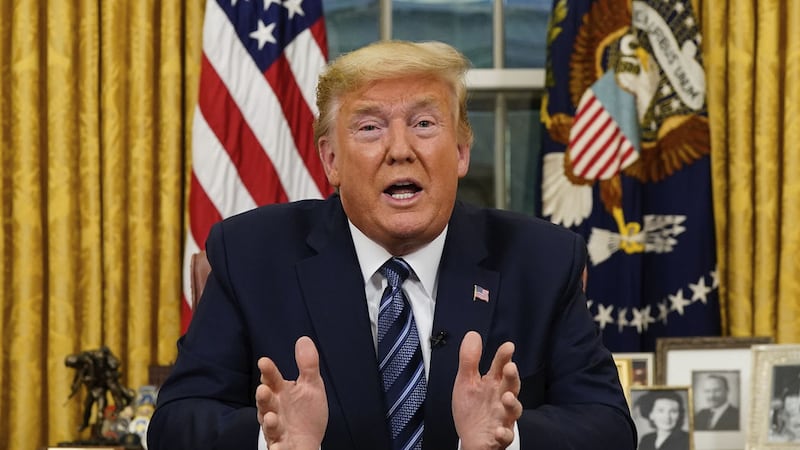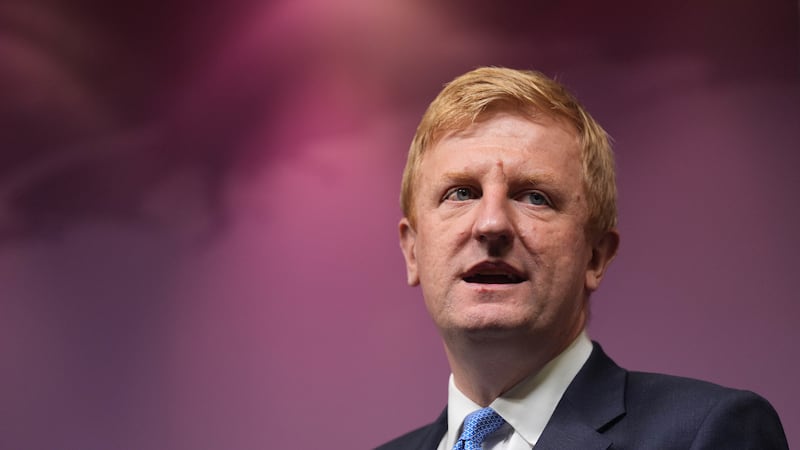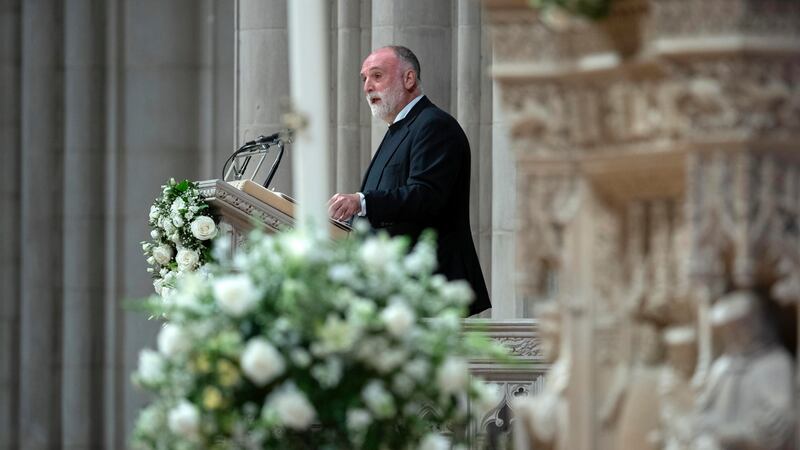THIS has been a week of horror story piled upon horror story. The world we know and moan about has changed. Old certainties have been upended, and I doubt if there is a single one of us who has not suddenly become conscious of the fragility of life.
For those like me - older, not quite in rude good health – it is the fear that we may not come through intact. For others it is fear for family members and friends.
The hugs we gave so indiscriminately are now suspect. We are to behave as if we are carriers of this modern-day plague, rather than potential sufferers.
At 60, I am too young to remember the last time humanity was confronted by pestilence on this scale, though my grandmother’s generation talked about the Spanish Flu of 1918 as part of their lived experience, not history. I hope I am blessed to remember this one.
Odd the images that bring things home. Twitter, as ever, was the carrier; and on the surface it was just a bit of newsroom banter from the beating heart of this newspaper.
William Scholes tweeted four pictures showing an almost empty open-plan office. “All change in the @irish_news newsroom. @5imonDoy13 even more socially distant than usual. One unexpected side effect of the global pandemic is that @SeaninGraham22 and @AllisonMorris1 desks have never been tidier…”
It is one of the laws of nature that newsrooms are hives of activity – and more so in the most turbulent of times. Yet Covid-19 had emptied the place, as it had on shopfloors, offices, school rooms, and universities around the world.
Journalists – like doctors, nurses and hospital porters - are not immune to viruses. And while, on one level, the work they do is not quite a matter of life and death; it is often on the cusp.
The decision to designate journalists as essential workers was fully justified. Never has it been more important to have a strong and vocal media to keep us fully informed about what is going on; to educate us about what we need to do to keep ourselves, our families and our wider community safe; and still, I hope, to keep our spirits up through this crisis.
But more important still is that we have sources of news we can trust.
New media – Twitter, Facebook, Instagram; WhatsApp and others – are unfit for purpose. There has always been misinformation. But there is a difference between rumours whispered one-to-one, and the pernicious impact of mass-produced fake news that pours out of our so-called smart phones.
Those who have risen to power on the backs of misinformation – the Trumps, the Putins, the Orbans and the Johnsons of this world – maligned what they dismissively called ‘mainstream media’, turning the phrase into a term of abuse.
But in this crisis, the people to go for the truth are the people with a track record for telling it – this newspaper among them.
A misinformed Tweet can be dispatched within seconds, often from behind the shield of anonymity.
The stories in a newspaper, and on its online platform, have been researched by people with the professional skills to understand data; to put two and two together and get four – not 22; and to communicate stories in a way that is direct, tailored to the needs of their readers, and considered.
Perhaps more important still, is the relationship between those journalists and the people who read their words. They are part of the same community.
Each empty newsroom chair represented someone sitting now at home, with the same fears and hopes as us all, and supporting grandmothers and grandfathers, mothers and fathers, sons and daughters, each of whom is relying on them to give them the news they need to know to make sense of this mad, mad world.
One of my journalistic heroes is CP Scott. He said “facts are sacred”. Those words are carved on every responsible journalist’s heart.
Never before have we been in greater need of the facts. Newspapers like this are where you will find them.








